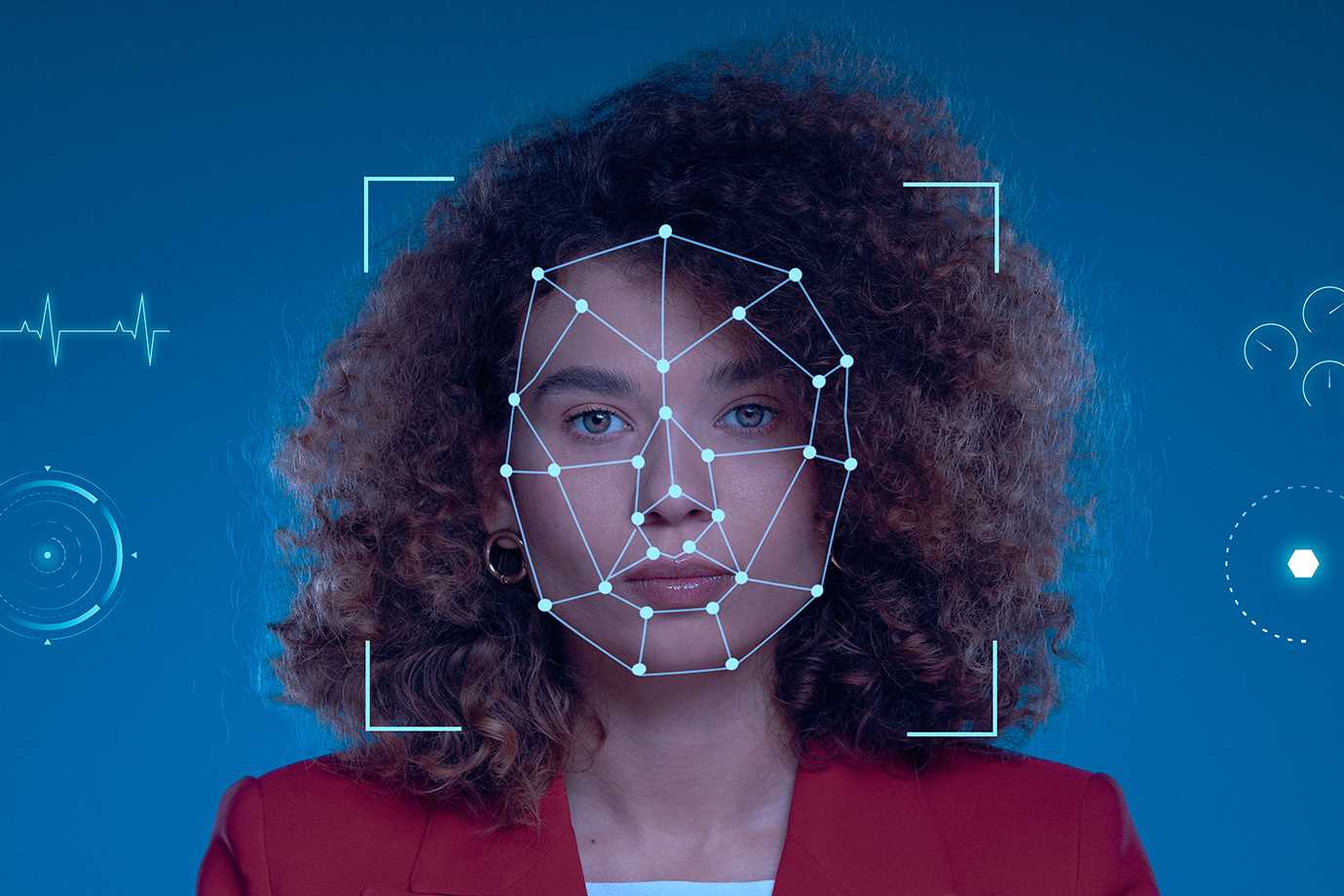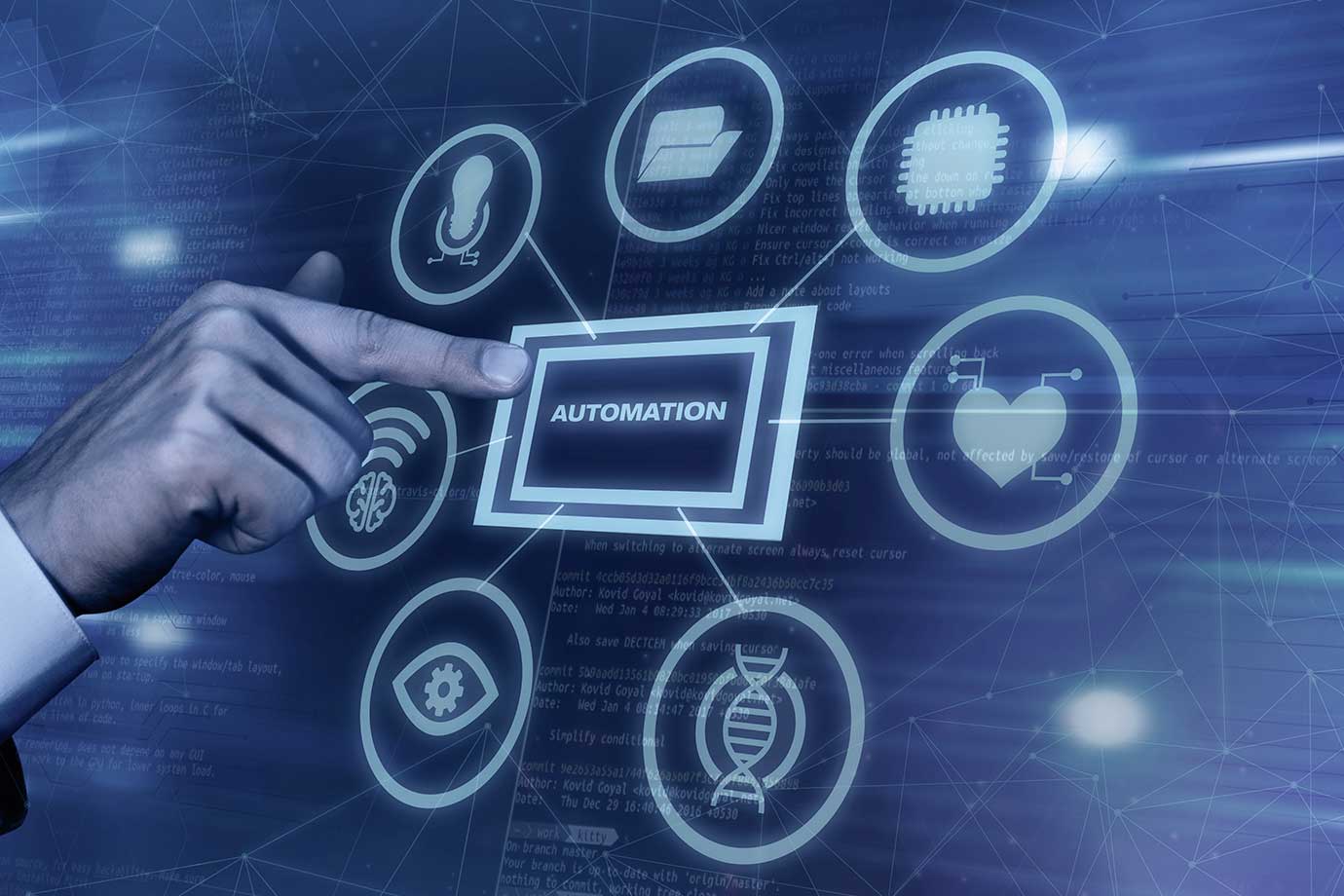Blog Not Found

- Home
- About Us
-
-
IoT Solutions
Boost business with our powerful IoT solution for connected devices & automation.
-
E-Commerce Solution
E-commerce solutions include custom websites, secure payments, and inventory management.
-
Web Development
Responsive, modern, user-friendly websites tailored to client's needs.
-
App Development
Specialize in app development for wearables, IoT, and AR across multiple platforms.
-
DevOps
Explore agile software development with efficient DevOps services.
-
UI/UX Design
The creative unit operates as a design studio within an all-inclusive software company.
-
IT Staff Augmentation
Robust IT staff augmentation services ensure seamless project transitions.
-
Enterprise Software Solutions
We aim to create solutions that give your company a strong software base.
-
Web Design
We thrive at creating premium designs customized to our client's requirements.
-
Artificial Intelligence (AI)
Cutting-edge AI technologies that improve decision-making and automate procedures.
-
Blockchain Development
Secure and scalable Blockchain Development solutions that drive trust and innovation.
-
Cybersecurity
Secure and scalable Blockchain Development solutions that drive trust and innovation.
-
- Blog
- Portfolio
- Contact Us




